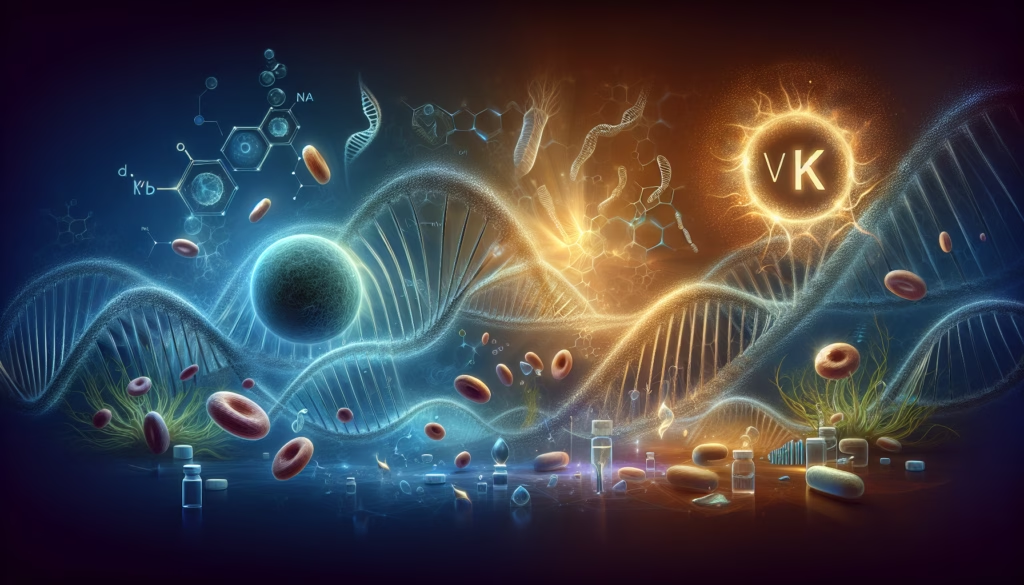
Beta Glucan
Discover the science-backed potential of beta glucan as an adjunct in cancer therapy. This post delves into the latest research
Click 
Imagine your cells as tiny factories, and mitochondria are the powerhouses within them. CoQ10 is like a key worker on the assembly line, ensuring the smooth flow of energy production. It acts as an electron shuttle, transporting electrons within the mitochondria, ultimately generating ATP, the energy currency of our cells.
CoQ10’s role in cancer research is particularly interesting. Professor Thomas Seyfried’s metabolic theory of cancer suggests that cancer cells rely heavily on glucose for energy, a process known as aerobic glycolysis. This reliance on glucose, rather than the more efficient oxidative phosphorylation, is a hallmark of cancer cells. CoQ10, by promoting oxidative phosphorylation, may potentially disrupt this energy dependence, slowing down cancer cell growth.
Anti-cancer properties:
Metabolic interactions:
Key research findings:
Research citations:
1. Seyfried, T. N., & Hu, B. (2013). The metabolic theory of cancer: new insights and therapeutic implications. Current opinion in oncology, 25(6), 562-569.
2. Fernandes, A. P., et al. (2019). Coenzyme Q10 and cancer: a review of its potential role in cancer prevention and treatment. Frontiers in oncology, 9, 116.
3. Sung, B., et al. (2018). Coenzyme Q10: a potential therapeutic agent for cancer. Journal of cellular biochemistry, 119(11), 8939-8948.
100-200mg per day is considered safe for most adults.
Brain Tumors, Breast Cancer, Bladder Cancer, Cervical Cancer, Colorectal Cancer, Endometrial Cancer, Esophageal Cancer, Kidney Cancer, Leukemia, Liver Cancer, Lung Cancer, Lymphoma (Hodgkin and Non-Hodgkin), Multiple Myeloma, Oral Cancer, Oropharyngeal Cancer, Ovarian Cancer, Pancreatic Cancer, Prostate Cancer, Skin Cancer (including Melanoma), Stomach Cancer, Thyroid Cancer
CoQ10 is generally considered safe, with few reported side effects. However, some individuals may experience mild gastrointestinal discomfort, such as nausea or diarrhoea, especially at higher doses. It’s important to start with a lower dose and gradually increase it as needed.
CoQ10 has shown potential in combination with other cancer therapies, particularly those targeting metabolic pathways. For example, combining CoQ10 with metformin, a drug commonly used for type 2 diabetes, may enhance its anti-cancer effects by further disrupting cancer cell metabolism.
CoQ10 supplementation may improve quality of life in cancer patients by reducing fatigue, improving energy levels, and enhancing overall well-being. However, individual responses may vary, and further research is needed to quantify these effects.
We’ve done our best to include as much information as possible for this supplement.
If you have any other questions, please send us a message or join our Skool Group and ask our knowledgeable and friendly community.
CoQ10 supplements are widely available over-the-counter in most countries. They can be purchased from pharmacies, health food stores, and online retailers.
Patients with certain genetic predispositions or metabolic profiles may benefit more from CoQ10 supplementation. For example, individuals with mutations in genes involved in mitochondrial function or those with a high metabolic rate may experience greater benefits.
Cancer cells can develop resistance to CoQ10 by upregulating pathways that bypass the need for mitochondrial energy production or by increasing antioxidant defences to counteract CoQ10’s antioxidant effects.
Numerous preclinical studies have investigated the anti-cancer effects of CoQ10 in various cancer models. These studies have demonstrated promising results, suggesting that CoQ10 may have therapeutic potential in cancer treatment.
Several clinical trials are currently investigating the efficacy of CoQ10 in various cancer types. These trials are exploring different dosages, combinations with other therapies, and potential benefits for specific patient populations.
Research is ongoing to identify genetic markers that may predict individual responses to CoQ10 supplementation. However, current understanding is limited, and further research is needed to establish reliable genetic predictors.

Discover the science-backed potential of beta glucan as an adjunct in cancer therapy. This post delves into the latest research

Explore the emerging world of hydrogen gas (H₂), also known as Brown Gas, and its remarkable potential as an adjunct

Explore the latest scientific insights into vitamin K2 and its promising role in cancer therapy. In this comprehensive blog post,
Apoptosis, or programmed cell death, is a natural process where cells self-destruct when they are damaged or no longer needed. This is crucial for maintaining healthy tissues and preventing diseases like cancer.
Drugs and supplements that induce apoptosis help eliminate cancerous cells by triggering this self-destruct mechanism, ensuring that harmful cells are removed without damaging surrounding healthy tissue.
Understanding and harnessing apoptosis is vital in the fight against cancer, as it targets the root cause of the disease at the cellular level.
Cell proliferation is the process by which cells grow and divide to produce more cells. While this is essential for growth and healing, uncontrolled cell proliferation can lead to cancer.
Drugs and supplements that inhibit cell proliferation help prevent the rapid multiplication of cancerous cells, slowing down or stopping the progression of the disease.
By targeting the mechanisms that drive cell division, these treatments play a vital role in controlling and potentially eradicating cancer.
Cancer cells often hijack specific biological pathways to grow and spread. Drugs and supplements that target these pathways can disrupt the cancer cell’s ability to survive and multiply.
By focusing on the unique mechanisms that cancer cells use, these treatments can be more effective and cause fewer side effects compared to traditional therapies.
Targeting specific pathways is a key strategy in precision medicine, offering a tailored approach to combat cancer at its core.
Angiogenesis is the process by which new blood vessels form, supplying nutrients and oxygen to tissues. Cancer cells exploit this process to fuel their growth and spread.
Drugs and supplements that inhibit angiogenesis can effectively starve cancer cells by blocking the formation of these new blood vessels.
By cutting off the supply lines that tumors rely on, angiogenesis inhibitors play a crucial role in controlling and potentially shrinking cancerous growths.
Immunotherapy harnesses the power of the body’s immune system to combat cancer. By boosting or restoring the immune system’s natural ability to detect and destroy cancer cells, immunotherapy offers a targeted and effective approach to treatment.
Drugs and supplements that support immunotherapy can enhance the immune response, making it more efficient at identifying and attacking cancer cells.
This innovative approach not only helps in treating cancer but also reduces the risk of recurrence, providing a powerful tool in the fight against this disease.
Inflammation is the body’s natural response to injury or infection, but chronic inflammation can contribute to the development and progression of cancer.
Drugs and supplements with anti-inflammatory properties help reduce inflammation, thereby lowering the risk of cancer and other chronic diseases.
By targeting the inflammatory processes, these treatments can help maintain a healthier cellular environment and prevent the conditions that allow cancer to thrive.